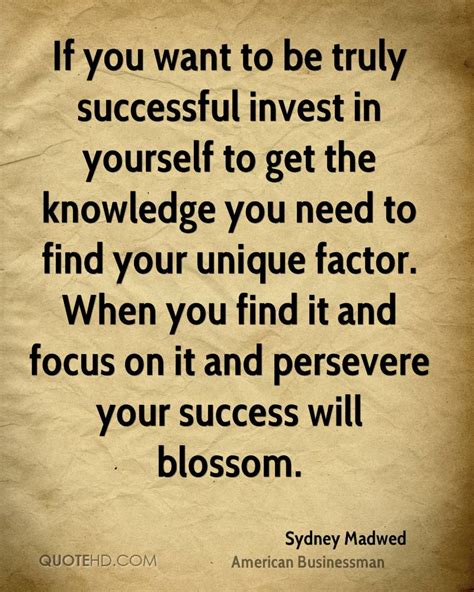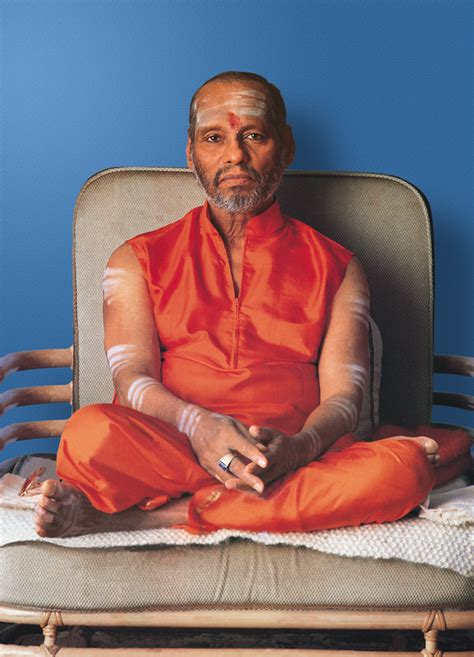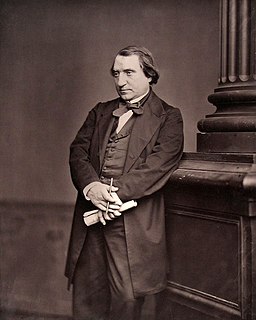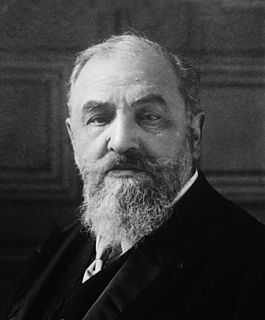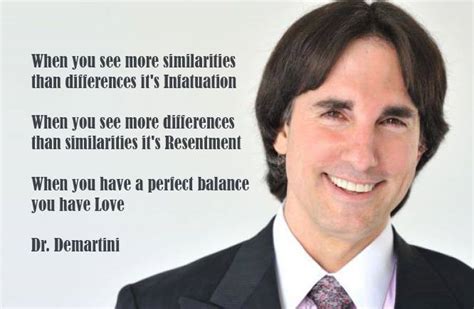A Quote by Criss Jami
Ultimate prosperity is one's value within. It takes a man of depth, morality, and charm to be envied yet without a sign of wealth or romance. A passion to prove such inner worth is his permission to achieve whatever he desires.
Related Quotes
If a man gives way to all his desires, or panders to them, there will be no inner struggle in him, no 'friction,' no fire. But if, for the sake of attaining a definite aim, he struggles with desires that hinder him, he will then create a fire which will gradually transform his inner world into a single whole.
Certainly there are things worth believing. I believe in the brotherhood of man and the uniqueness of the individual. But if you ask me to prove what I believe, I can't. You know them to be true but you could spend a whole lifetime without being able to prove them. The mind can proceed only so far upon what it knows and can prove. There comes a point where the mind takes a leap—call it intuition or what you will—and comes out upon a higher plane of knowledge, but can never prove how it got there. All great discoveries have involved such a leap.
Men and women are made for each other, but their mutual dependence differs in degrees; man is dependent on woman through his desires; woman is dependent on man through her desires and also through her needs; he could do without her better than she can do without him. She cannot fulfill her purpose in life without his aid, without his goodwill, without his respect.....Nature herself has decreed that woman, both for herself and her children, should be at the mercy of man s judgment.
Nothing is so insufferable to man as to be completely at rest, without passions, without business, without diversion, without study. He then feels his nothingness, his forlornness, his insufficiency, his dependence, his weakness, his emptiness. There will immediately arise from the depth of his heart weariness, gloom, sadness, fretfulness, vexation, despair.
Morality has been conceived up to the present in a very narrow spirit, as obedience to a law, as inner struggle between opposite laws. As for me, I declare that when I do good I obey no one, I fight no battle and win no victory. The cultivated person has only to follow the delicious incline of his or her inner impulses. Be beautiful and then do at each moment whatever your heart may inspire you to do. This is the whole of morality.
This inner peace of mind occurs on three levels of understanding. Physical quietness seems the easiest to achieve, although there are levels and levels of this too, as attested by the ability of Hindu mystics to live buried alive for many days. Mental quietness, in which one has no wandering thoughts at all, seems more difficult, but can be achieved. But value quietness, in which one has no wandering desires at all but simply performs the acts of his life without desire, that seems the hardest.
To assert that it is possible to establish peace between men of different nations is simply to assert that man, whatever his ethnical background, his race, religious beliefs, or philosophy, is capable of reason. Two forces within the individual contribute to the development of his conscience and of his morality: reason and sensitivity.
In his address of 19 September 1796, given as he prepared to leave office, President George Washington spoke about the importance of morality to the country's well-being: Of all the dispositions and habits which lead to political prosperity, Religion and Morality are indispensable supports. . . . And let us with caution indulge the supposition that morality can be maintained without religion. . . . Can it be that Providence has not connected the permanent felicity of a Nation with its virtue?

